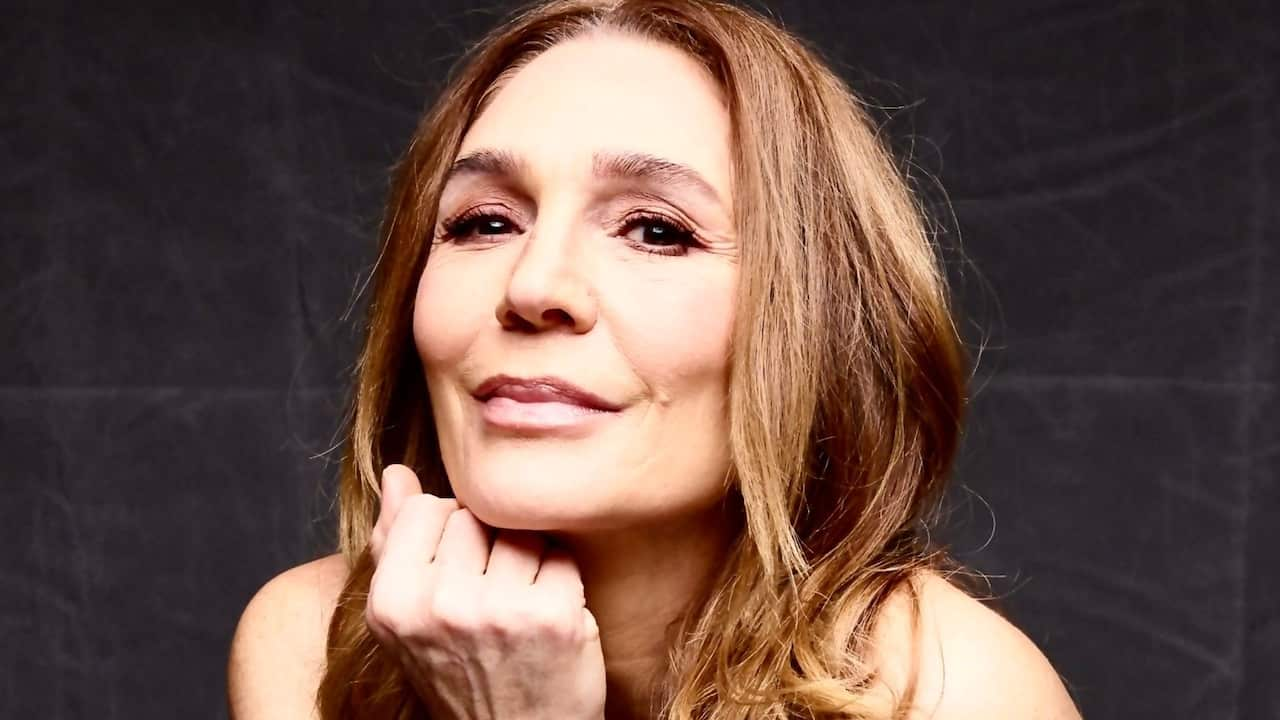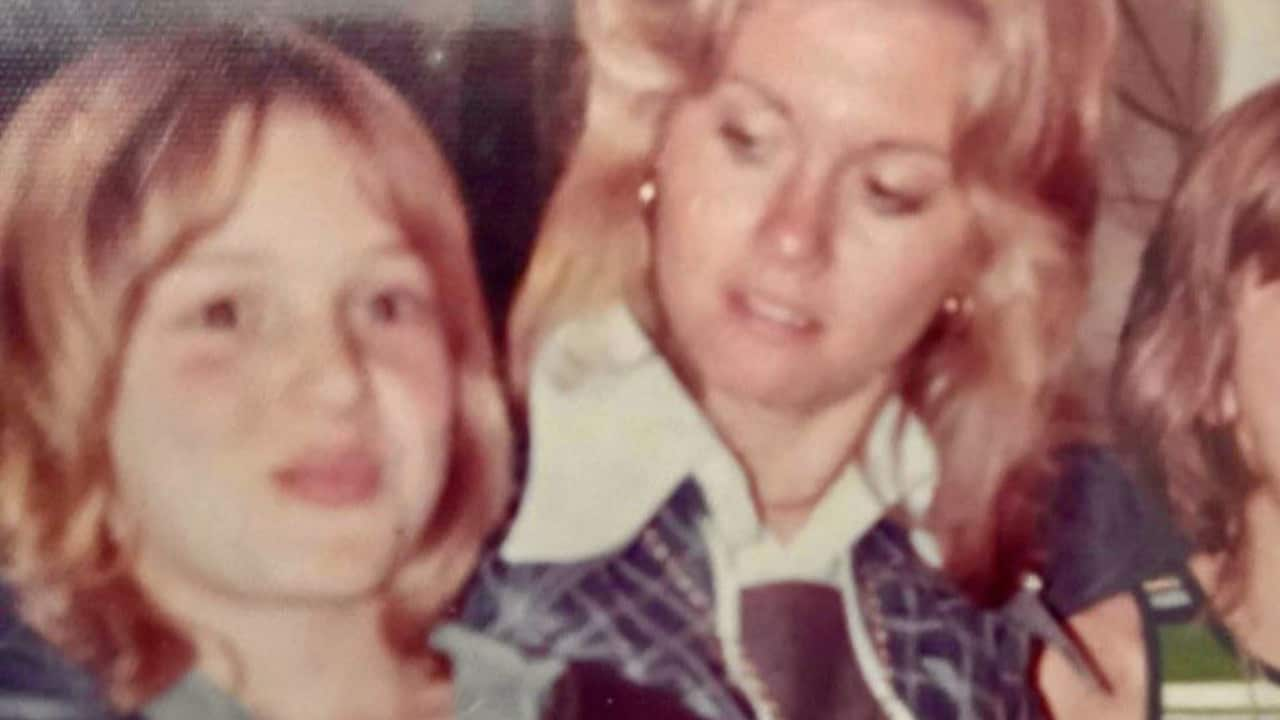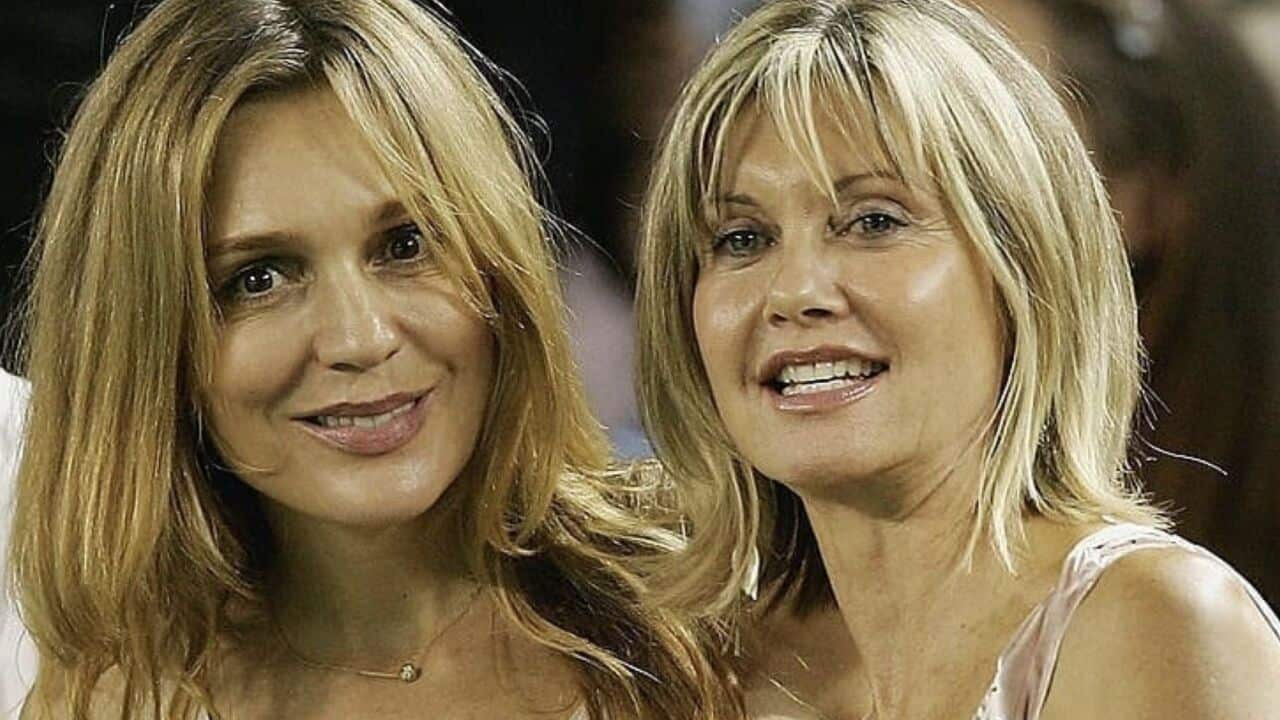One in 10 Australian families with children is a step or blended family. Insight explores the complexities that arise when these families separate, and asks who is considered family when the blending ends. Watch Insight episode Un-Blended Families on SBS On Demand.
Stream free On Demand

Un-Blended Families
episode • Insight • News And Current Affairs • 51m
episode • Insight • News And Current Affairs • 51m
My mother was only 21 when she had me, and I was her third child.
At 24 years old, she decided to leave Australia to return to her hometown of London and later moved to Los Angeles to build her acting career.
I imagine it was a very difficult decision, but for reasons that only she could speak to, she completely cut contact with our family, leaving my dad with three very confused kids.
My dad was doing his best. He opened restaurants, bars and, later, nightclubs; this was his way of providing for his family.
Dad was very charismatic, handsome and had a wicked sense of humour. Women loved him, so came a revolving door of wives or girlfriends, which led to changes of home, school and new siblings.
Sometimes we lived in his venues or motels; only twice I remember having a 'normal' home in a suburb.
I was always fascinated with my girlfriends at school, with their families of three children and parents who were together. I'd daydream about being part of that world. I craved and envied it.

Growing up in blended families
My dad was a male born in the 1930s, which was the era of 'children should be seen and not heard'.
I don't believe Dad was raised to be an emotional communicator — so it always felt like there was an elephant in the room when it came to feelings, family or anything that hit an intimate note.
I remember being about 10 years old and asking Dad why my mother left. All he said was that it was a sinking ship and someone had to jump off.
He never blamed her or said a bad word about her. In a sense, it was beautiful he did so, but truthfully, I think I would have preferred to have understood why she cut contact.
But after my mother left and took the child from her second marriage into her third, I was left with feelings of being unlovable and inadequate.
Consequently, I became a people pleaser in attempts to receive love. (I’ve since worked on this in therapy, and have set healthy boundaries for myself, but they take commitment to maintain.)
Being raised without a clear template for communication and vocalising my needs, I feared rocking the boat — or worse, being rejected.
At times, I looked for intimacy and connection from my stepmothers but never really felt it. I recognise that was a lot to put on someone, and I don’t really think they understood the backstory of what we were going through with an absent mother.
‘A brilliant role model’
My aunt Olivia Newton-John was the closest thing I had to having a mother; her being so genetically connected to my mother Rona probably heightened that feeling.
Liv was a great communicator, great listener and spiritual, which balanced out some of the important ingredients I felt I was missing from other parental figures in my life.
She was the only one I felt connection and intimacy with — and who always spoke the truth. I always felt seen, heard and cared for by her.
No-one can replace a mother or take away those feelings of not being lovable enough, but it definitely took the edge off.

Liv had beautiful and unique relationships with the three of us — me and my siblings.
Speaking for myself, we were very close. She was my go-to for everything to do with matters of the heart. Our sense of humour gelled; we were cut from the same cloth.
She was hardworking and humble — qualities of a brilliant role model in my book.
We worked on her Cancer and Wellness Centre, so we also had a great professional relationship in my adulthood.
Liv led by example; I learned a lot about taking your work seriously — but not yourself.
Being kept a secret
I felt Liv struggled with my mother’s apparent lack of maternal feelings towards us. I think Liv was always trying to make up for her in a way.
She not only gave (what I felt was) a ‘get to know your mother’ plane ticket to LA when each of us turned 18, but on a few occasions, encouraged me to confront Rona when I felt deeply hurt by her.
An example of such a time was when she and Liv came to Australia for five days in 2007 and Rona didn’t contact me or my siblings.
When I went to LA to see her, she didn’t even turn up to the airport to collect me. I was 18 years old and had never been anywhere on my own — let alone another country.
I made my way out to the street with my suitcase and just waited; I was very scared and confused.
There were no mobile phones back then, and I had no money to use a public phone, or even a number to call.
She never showed up.
Hours later, still standing in the street, I heard someone call my name. I looked to the direction of the voice and there was Liv waving at me from the back of a limo.
She must have called my mother to check in and see that I had safely arrived.
About five days later, Rona turned up at Liv's Malibu ranch to collect me but kept me at arm’s length.
She had kept her Australian life a secret and either introduced me to people in the US as her young son's nanny — or asked me to go for long walks when people came over.
When she was dying and we turned up to LA to be with her, even her best friend of 25 years didn’t know we existed.
Establishing boundaries
Looking back, I don’t think I ever had a strong sense of safety or stability when our blended families would un-blend and it would feel like starting all over again.
I don’t distinguish between my seven half-siblings and two full-blood siblings as they’re all my family.
They all come from my dad so we’re all part of one thing. I think that's probably highlighted because I didn't grow up with a mother.
I also believe that being raised without boundaries and structure has had a negative impact and subsequently, I’ve been too hard on myself in these areas.
It’s impacted my intimate relationships, and I feel I have never attracted a really solid man. I’ve been more drawn to what I know as home: chaos.
I’ve done a lot of work in this area. As an adult, I have become more discerning with healthier boundaries and have left those dating patterns behind.
When I was pregnant with my daughter, I was petrified that I could have the same ‘gene’ my mother did — that I could abandon her.Tottie Goldsmith
When I was pregnant with my daughter, I was petrified that I could have the same 'gene' my mother did — that I could abandon her.
The opposite happened — I had terrible separation anxiety, but I worked through it.
I think I would have benefited from having clear communication from my parents growing up about what our family dynamic was going to be and have been able to talk about our feelings together.
I do think there are some wonderful things about having an unconventional childhood and family.
Although unstable and confusing most of the time, my childhood was also colourful and full of great adventure and humour.
I feel that I am a deeply empathetic and adaptable person, which I believe comes from my lived experience of feeling displaced and invisible.
Because of this, I grew muscles that otherwise, I might not have.
And for more stories on sex, relationships, health, wealth, grief and more, head to Insightful — an SBS podcast series hosted by Kumi Taguchi. Follow us on the SBS Audio App, Apple Podcasts, Spotify, or wherever you get your podcasts.
Insight is Australia's leading forum for debate and powerful first-person stories offering a unique perspective on the way we live. Read more about Insight
Have a story or comment? Contact Us


